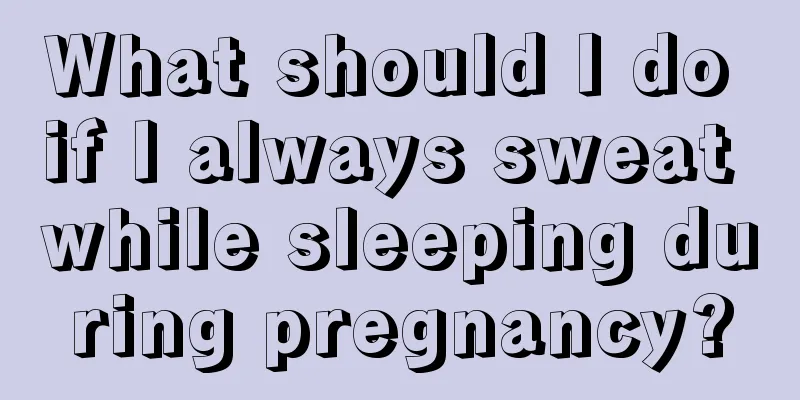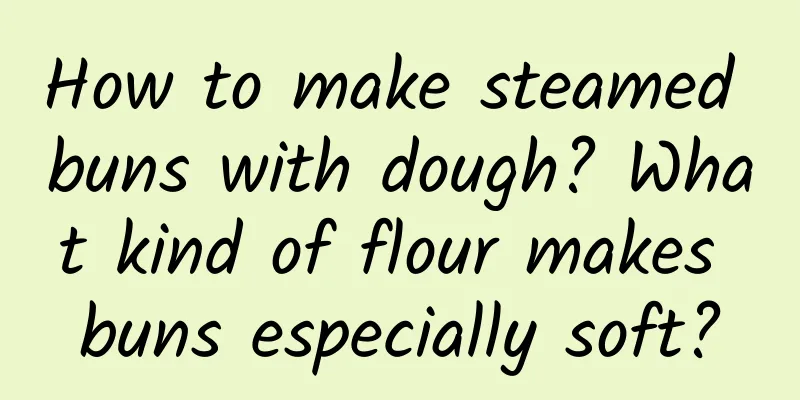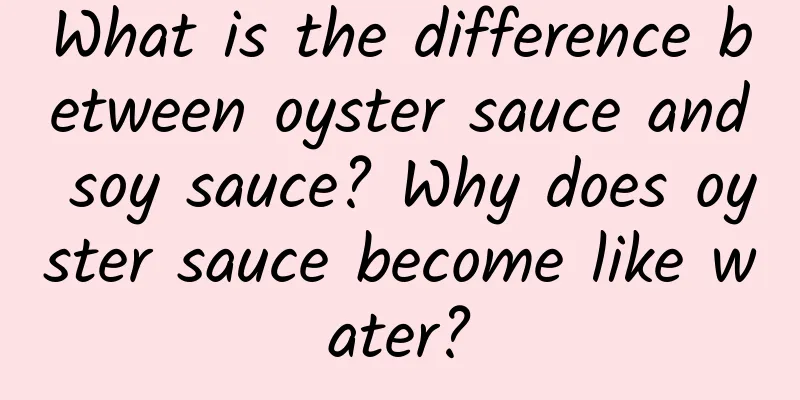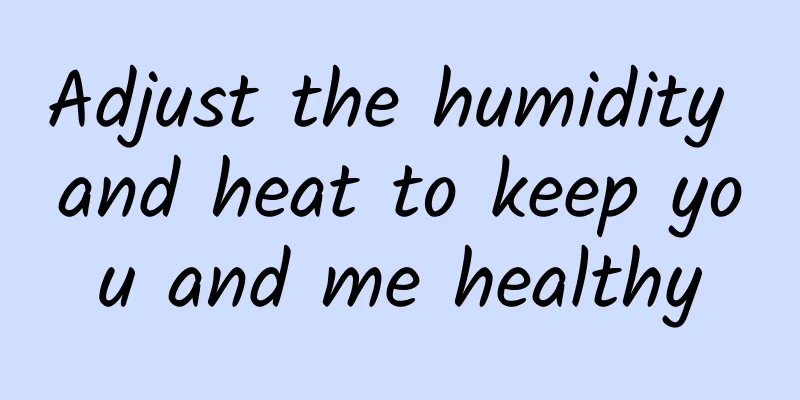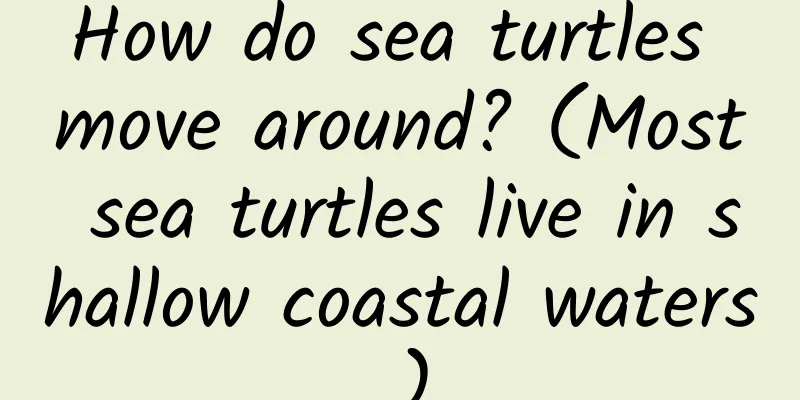In which country are the Mogao Grottoes located? What are the contents of the Mogao Grottoes murals?
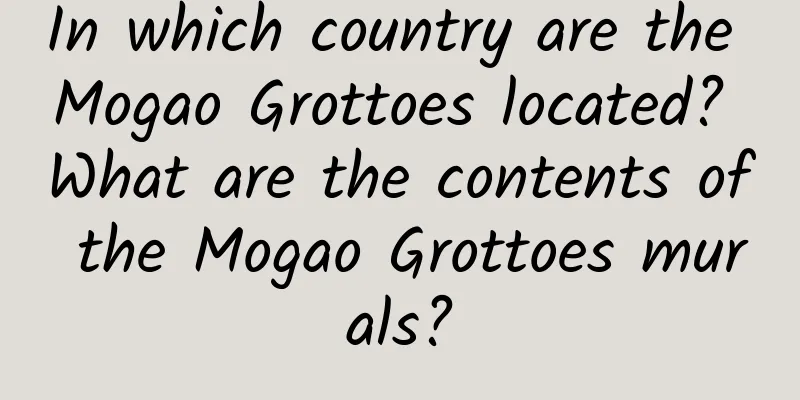
|
Mogao Grottoes, a tourist attraction in China. From the perspective of Chinese painting, the characteristics of its own system and large number can all be regarded as independent figures, landscapes, animals and decorative patterns. In particular, it preserves such a rich number of figures, landscapes, animals and decorative patterns before the Song Dynasty, that is, before the 10th century, which is unprecedented in the collections of museums around the world. So in which country is Mogao Grottoes located? What is the content of the Mogao Grottoes murals? Let's take a look at the introduction of Encyclopedia Knowledge Network! Contents of this article 1. In which country are Mogao Grottoes located? 2. What is the content of the Mogao Grottoes murals? 3. Information on the Painted Sculptures of Mogao Grottoes 4. What are the colored sculptures in Mogao Grottoes? 1In which country is the Mogao Grottoes located?Mogao Grottoes, commonly known as the Thousand Buddha Caves, is located in Dunhuang at the western end of the Hexi Corridor. It was first built in the Former Qin Dynasty of the Sixteen Kingdoms, and has been built over the past sixteen kingdoms: the Northern Dynasties, Sui, Tang, Five Dynasties, Western Xia, Yuan and other dynasties, forming a huge scale with 735 caves, 45,000 square meters of murals and 2,415 clay sculptures. It is the largest and most content-rich Buddhist art site in the world. 2What are the contents of the Mogao Grottoes murals?Dunhuang Mogao Grottoes, commonly known as the Thousand Buddha Caves, is located in Dunhuang at the western end of the Hexi Corridor. It was first built during the Former Qin Dynasty of the Sixteen Kingdoms, and has been built over the past sixteen kingdoms: the Northern Dynasties, Sui, Tang, Five Dynasties, Western Xia, Yuan and other dynasties, forming a huge scale with 735 caves, 40,000 to 50,000 square meters of murals and 2,415 clay sculptures. It is the largest and most content-rich Buddhist art site in the world. Contents of Mogao Grottoes murals: Dunhuang murals are the main component of Dunhuang art, with huge scale and exquisite craftsmanship. Dunhuang murals are rich and colorful in content. Like other religious art, they are an art that depicts the image of gods, the activities of gods, the relationship between gods and gods, and the relationship between gods and humans, in order to express people's good wishes and soothe people's hearts. Therefore, the style of murals has different characteristics from secular paintings. However, all art originates from real life and has its national traditions. Therefore, their forms are mostly derived from common artistic language and expression techniques, and have a common national style. 3Mogao Grottoes Painted SculpturesThe Dunhuang colored sculptures are the main part of the Dunhuang Grottoes. Since the Dunhuang Grottoes were carved on gravel, most of them are wooden frame structures. Reeds are tied to the artificial wooden frames, and coarse mud is applied to the grass, then fine mud is applied, pressed and smoothed, and then white powder is applied, and finally painted. It started from the Sixteen Kingdoms, and went through the Northern Wei, Western Wei, Northern Zhou, Sui, Tang, Five Dynasties, Song, Uighur, Western Xia, Yuan and Qing Dynasties. At present, there are more than 3,000 colored sculptures, including more than 2,000 round sculptures and more than 1,000 relief sculptures. The number of ancient colored sculptures preserved, the long duration and the exquisite craftsmanship are seen by the world. The most prominent artistic feature of the Dunhuang colored sculptures is that the statues and murals of the whole cave are combined with each other, complement each other, and complement each other. The colored sculptures on the niches and altars echo with the paintings on the four walls, which not only achieve the unity and harmony of the art of the whole cave, but also set off the dominant position of the statues in the cave. Another feature is the richness and variety of their postures. The statues appear repeatedly in the caves, making them look the same. 4What are the colored sculptures in Mogao Grottoes?The main images of Dunhuang colored sculptures are various Buddha statues, such as Sakyamuni, Maitreya, Medicine Master, the Three Buddhas and the Seven Buddhas; followed by Bodhisattva statues, such as Guanyin, Mahasthamaprapta and the offering Bodhisattvas; there are also disciples, heavenly kings, strong men and flying celestials. The Dunhuang colored sculptures are the main part of the Dunhuang Grottoes. Because the Dunhuang Grottoes were carved on gravel, most of them are wooden frame structures. Reeds are tied to the artificial wooden frame, and coarse mud is applied to the grass, then fine mud is applied, pressed and smoothed, and then white powder is applied, and finally painted. It started from the Sixteen Kingdoms, and went through the Northern Wei, Western Wei, Northern Zhou, Sui, Tang, Five Dynasties, Song, Uighur, Western Xia, Yuan and Qing Dynasties. At present, there are more than 3,000 colored sculptures, including more than 2,000 round sculptures and more than 1,000 relief sculptures. The number of ancient colored sculptures preserved, the long duration, and the exquisite craftsmanship are rare in the world. |
Recommend
What are the causes of cervical relaxation during pregnancy?
During a woman's pregnancy, her body will und...
Irregular menstruation after medical abortion
The word "abortion" appears more freque...
Treatment of pelvic effusion in early pregnancy
I believe everyone knows the importance of the pe...
What to do if pregnant women have eczema on their stomachs
Because of pregnancy, pregnant women are very dif...
Height 168 girls standard weight
Weight standard is one of the key indicators to r...
My underwear is a little yellow every day
I believe that most women are particularly concer...
Why is there bleeding again ten days after the uterine cleaning?
There are many ways to have an abortion in life. ...
13 types of cancer actually "prefer" the same type of people! Many people don't care until they get sick
This article was reviewed by Hu Zhongdong, associ...
Do the shoes you bought really fit?
I want to ask: Do the shoes you bought really fit...
How to eat Mapo Tofu without getting fat? How many minutes should Mapo Tofu be blanched?
Mapo Tofu tastes really fresh, spicy and melts in...
What is the cause of white discharge from the vulva? I understand it completely.
Some women have some white secretions in their vu...
The follicles never grow
For most women, they hope that they can get pregn...
Why do I have diarrhea before giving birth?
Diarrhea is a symptom for us, but is it a bad con...
How do women do anal exercises?
Most women in life suffer from hemorrhoid-type di...
Why do I still have chest pain after medical abortion?
Medical abortion, also known as drug abortion, is...
